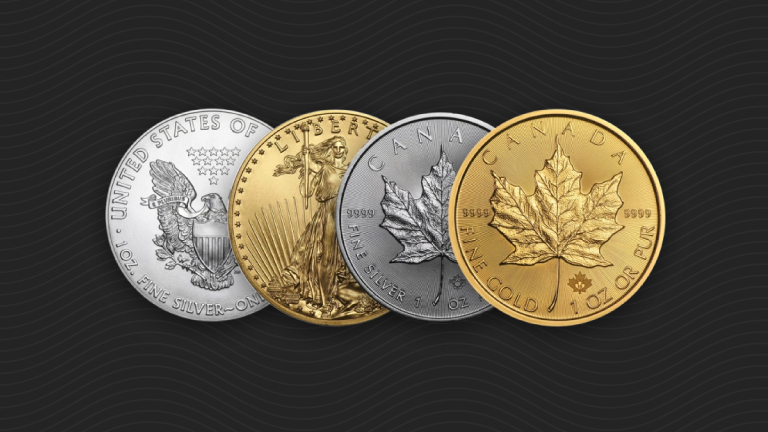More Stimulus Means Fewer Jobs
By Peter Schiff
Today’s payroll report severely disappointed on the downside and left economists scratching their heads to explain the weakness. The explanation, however, is plain as day. As I have been saying for years, the US economy will not create jobs as long as the Fed keeps interest rates artificially low, and Congress keeps stimulating spending and consumer debt, punishing employers with mandates, regulations, and taxes, crowding out private investment with massive government borrowing, and preventing market forces from restructuring our out-of-balance economy.
As new data comes in that continues to bolster my hypothesis, the politicians in Washington continue to follow the wrong diagnosis, while ignoring evidence that their policy prescription has failed. Rather than reassessing the effectiveness of their remedy, they are merely prescribing more of the same.
No doubt the 9.8% unemployment rate (17% when counting the under-employed or discouraged workers) will spark another extension of unemployment benefits, which will provide yet additional incentives for the unemployed not to work. In addition, we will likely get another round of stimulus – paid for with higher budget deficits – that will further hinder the capital investment and business formation necessary to produce sustainable jobs. Then, the inflation created by the Fed to finance those deficits will send consumer prices higher, making life that much harder for all Americans, regardless of their employment status.
All the talk in Washington that demand must be stimulated to create jobs is farcical. The news reports of mobs of shoppers trampling over each other to fill their carts shows there is plenty of demand. What is truly lacking in our economy is supply. Those mobs are still filling their carts almost exclusively with imported products. If it were true that demand creates jobs, we would be at full employment right now, but the truth is that demand is meaningless without the productive means to supply the goods.
It’s ironic that extending unemployment benefits, one of the reasons unemployment remains so high in the first place, is actually being touted as a jobs bill. Keynesian proponents argue that giving money to unemployed people will create jobs wherever they spend their government cheese. This is utter nonsense.
If printing money and dolling it out to the unemployed could create growth and jobs, why hasn’t it already worked? After all, we have already extended benefits to 99 weeks. Where are all the jobs? Also, if every dollar of unemployment benefits generates two dollars of growth, as our legislators claim, why not double or triple the benefits? In fact, why limit them to the unemployed? Just give the benefits to everyone – then we will really get this economy going.
Politicians cannot create economic growth at will simply by doling out money. If it could, the Soviets would have won the Cold War. Handing out cash does not create additional production, it merely changes who benefits from existing production. Transferring purchasing power from producers to consumers undermines economic growth and destroys jobs.
For now, production is being supplied from abroad. But this dynamic merely worsens our trade imbalance, putting our nation deeper into debt. As the dollar losses purchasing power, foreign goods will become more expensive and American living standards will plummet.
What will it take for our leaders to realize that their solution is exacerbating the problem they are trying to solve? Unfortunately, I doubt they will learn until the situation becomes intolerable for the majority of voters. These jobs numbers bring us one step closer to that critical mass.
Unless politicians can be roused from their stupor, we will soon confront an imminent sovereign debt and currency crisis that will make the credit crisis of 2008 look like a happy interlude. Hopefully, when the first major shock strikes in the US, as is currently happening in Ireland and Portugal, it will finally provoke a 180-degree change of policy in Washington. Hopefully, it won’t be too late to spare millions from a life of subsistence, or worse. These are my hopes, but my fear is that we are on the cusp on the largest economic downfall in modern history.
Follow us on Twitter to stay up-to-date on Peter Schiff’s latest thoughts: @SchiffGold
Interested in learning about the best ways to buy gold and silver?
Call 1-888-GOLD-160 and speak with a Precious Metals Specialist today!

